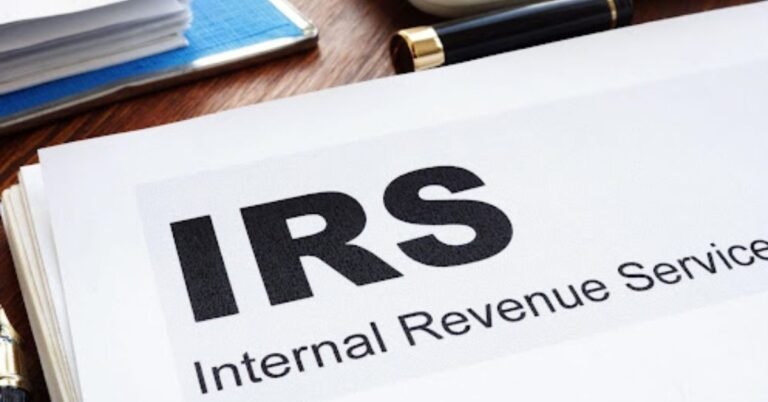Receiving a notice from the IRS is enough to make anyone uneasy—especially if it includes an unexpected tax bill, a denied deduction, or the threat of a lien or levy. While it’s common to feel overwhelmed in these situations, it’s important to remember that you have rights as a taxpayer. One of those rights is the ability to challenge an IRS decision, and a tax attorney can be your strongest ally in doing so.
Tax law is complex, and IRS procedures can be difficult to navigate alone. Thus, a tax attorney brings specialized legal training and experience to your case, helping you understand the IRS’s reasoning and build a strong and strategic response.
Here’s how a tax attorney can help you challenge an IRS decision effectively and confidently.

Understanding the IRS’s Position
The first step in challenging an IRS decision is understanding the notice you’ve received. Whether it’s a proposed tax adjustment, an audit result, or a collection action, a tax attorney can review the IRS’s findings, evaluate your case’s legal and financial details, and explain your options in clear, understandable terms.
Many taxpayers make the mistake of responding hastily or ignoring the notice altogether, both of which can lead to more serious consequences. A tax attorney ensures your response is timely, accurate, and appropriately framed within tax law.
Building a Legal Strategy
Challenging an IRS decision requires more than just a disagreement with the outcome—you need a legal basis and supporting documentation to support your position. An IRS tax attorney will carefully review your financial records, previous filings, and correspondence with the IRS to identify errors or misinterpretations.
They may find that the IRS applied the wrong tax code, missed crucial information, or miscalculated your liability. With this insight, your attorney can develop a legal strategy, prepare necessary documentation, and present your case in a way that aligns with IRS procedures and tax law.
Representing You in Appeals or Court
One of the biggest advantages of hiring a tax attorney is their ability to represent you in appeals and, if necessary, in court. If you disagree with the outcome of an audit or tax assessment, you have the right to request an appeal within the IRS. This process can involve submitting a formal protest letter, providing supporting documents, and negotiating with an IRS appeals officer.
In this situation, the tax attorney will handle all communications with the IRS on your behalf, shielding you from direct interactions and ensuring nothing is said or submitted that could inadvertently harm your case. If your issue escalates to tax court, your attorney is fully qualified to argue your case before a judge.
Negotiating Settlements
In some cases, the best course of action is not to fight the IRS decision outright, but to negotiate a more manageable resolution. Tax attorneys are skilled negotiators who can help you explore options like an Offer in Compromise (OIC), installment agreements, or penalty abatement.
These solutions can reduce the total amount you owe, give you more time to pay, or eliminate certain penalties. A tax attorney knows how to present your financial hardship or extenuating circumstances in a way that increases your chances of approval.
Protecting Your Legal Rights
Perhaps most importantly, a tax attorney ensures that your legal rights are protected throughout the process. The IRS has strict rules about how and when it can collect taxes, and you have the right to appeal, challenge, and request relief under certain conditions. Your attorney will ensure that the IRS follows due process and that your case is handled fairly and lawfully.
Because communications with a tax attorney are protected by attorney-client privilege, you can speak openly and honestly without fear of your words being used against you, which is not always the case with other tax professionals.

Consult With A Professional IRS Tax Attorney Today
Challenging an IRS decision can be intimidating, but you don’t have to do it alone. A tax attorney offers the legal knowledge, negotiation skills, and courtroom experience needed to stand up to the IRS and protect your financial future. Whether you’re dealing with an audit, a disputed tax bill, or a collection notice, a qualified tax attorney can guide you through the process with clarity and confidence.
If you’ve received an unfavorable notice from the IRS or are unsure how to respond to a tax decision, don’t wait—consulting with a tax attorney early can make all the difference in the outcome of your case.

